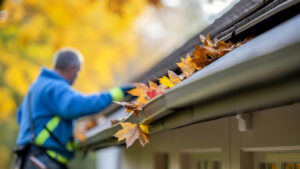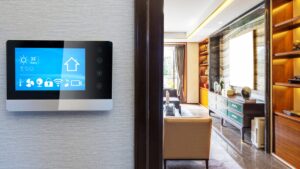We have made it to spring and now summer is fast approaching. When summer comes so does the heat which leaves you trying to find ways to keep your home cool. Luckily, there are solutions and suggestions to help keep the temperature down in your home.
Using Air to Your Advantage
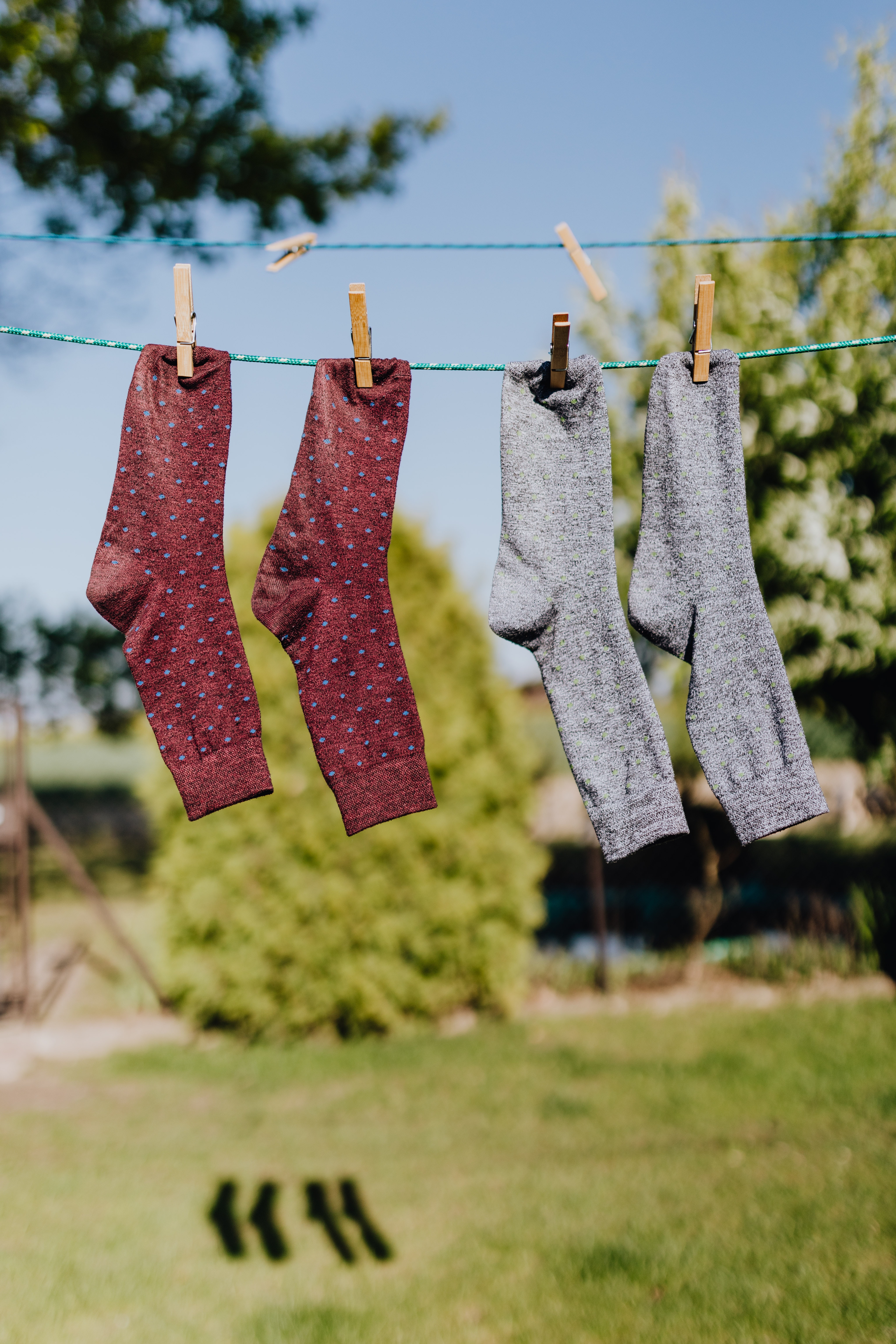
Although hanging laundry to dry is no longer the societal norm, it still has its benefits. The average 4-person family does 9 loads of laundry a week. Depending on the machine, every load in the dryer uses anywhere from 2.5kWh-6kWh. Using those numbers, 14%-34% of a family’s weekly consumption is dedicated to a dryer alone. Understandably, most houses do not have a clothes line or anything similar, but if you have a deck, consider hanging things like bedding and other linen to dry. Not only will you get to enjoy the savings of not using your drying machine as often, but you will also get to enjoy the smell of fresh linen.
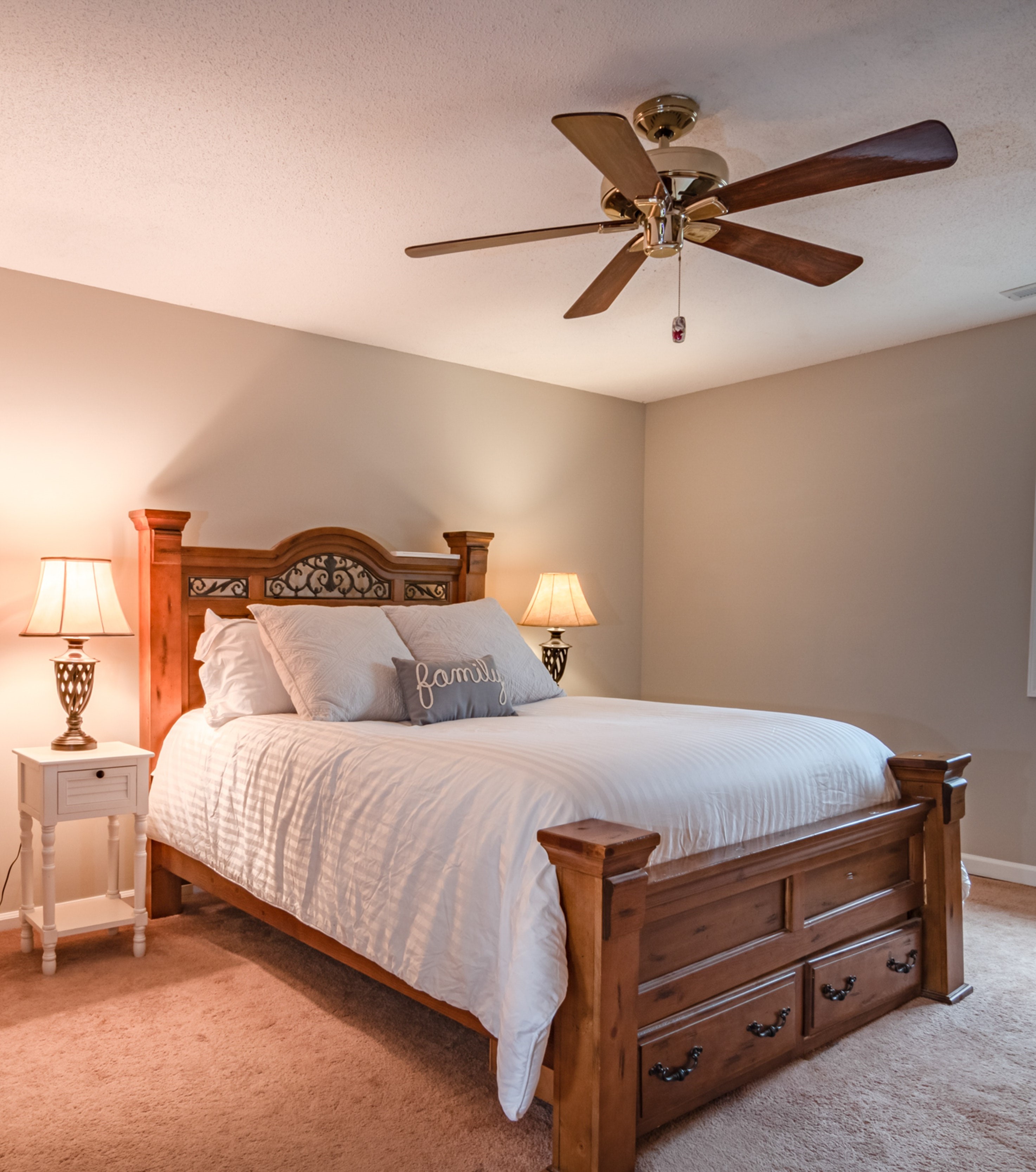
Ceiling fans were designed with the intent to be used year-round, not just when it gets hot. As such, they were designed with two different settings, rotating clockwise and rotating counterclockwise, both to serve a unique purpose. When it is set to spin clockwise, it creates an updraft and circulates the warm air. This setting is designed for the colder months to help keep the room warm rather than turning the furnace up higher. When it is set to spin counterclockwise, it creates a downdraft and creates a cooling breeze. This setting is designed for the warmer months when air conditioning and stand-alone fans are used more frequently. Making sure your ceiling fan is set to spin counterclockwise helps accomplish the goal of cooling a room, as well as reduces redundant fan usage which saves you money. If your ceiling fan isn’t working with you, it’s working against you and costing you money.
Appliance Alternatives
During the hotter season, the last thing anybody will be thinking about is their furnace. It’s already hot enough without the added heat from a furnace, so their usage tends to be much more uncommon during the summer. This means it is a great time to put in a new, clean, furnace filter while it is sitting unused. Having a clean furnace filter allows the furnace to run more efficiently which will save money in the colder months.
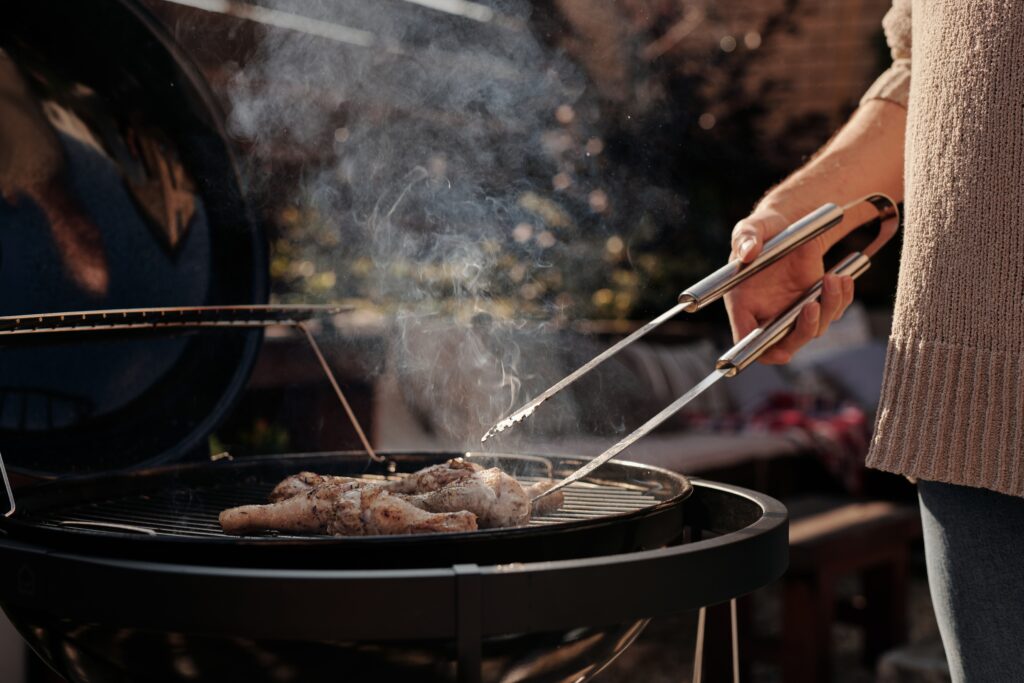
It is already hot enough in the kitchen, no need to add any more heat than necessary. The most common cooking appliances, like the stove and oven, generate large amounts of heat every time they are used. Needing to cook food is unavoidable, but alternative appliances are available and recommended. Things like Instant Pots and microwaves use much less energy, and work just as well.
Let’s compare cooking a roast in an oven compared to an Instant Pot. Most roasts take at least three hours. In that time, an electric oven would have used 6kWh of energy, while for the same time, an Instant Pot would have used between 1-2kWh. While cooking a roast certainly is not a common activity for most families, it demonstrates just how much savings can be had by switching to alternative cooking methods.
Other kitchen appliances also do not emit nearly as much heat as stoves and ovens. An equally great alternative is using your barbeque. Any heat it emits, is already outside and will not warm up your house. By reducing how much heat is created in your house, you can minimize how much cooling systems are used, saving you money.
Countering The Heat
Inevitably, there is going to be airflow every time somebody enters or exits your home. This is unavoidable, but there are things that can be done to reset or prevent the heating that happens.
A primary source of heat that seems unavoidable, is through windows. But, by covering them up, either inside or outside, reduces the heat transfer that would have occurred. In the interior, there are blinds, drapes and if you have just moved and don’t have those yet, taping tinfoil on the windows works just as well. On the exterior, having awnings or even a covered deck work. If you do not have such outside measures, planting trees to provide shade to windows works just as well.

To counter any heat that may have entered throughout the day, open several windows in the evening to create a draft to cool down the space. If you leave them open overnight, just remember to close them and cover them before the morning sun has a chance to hit them. If that happens, leaving them open will soon become redundant and your house will heat faster than it did the day before.
Summer should not be something your electricity bill dreads, and it should not be something you dread either.



